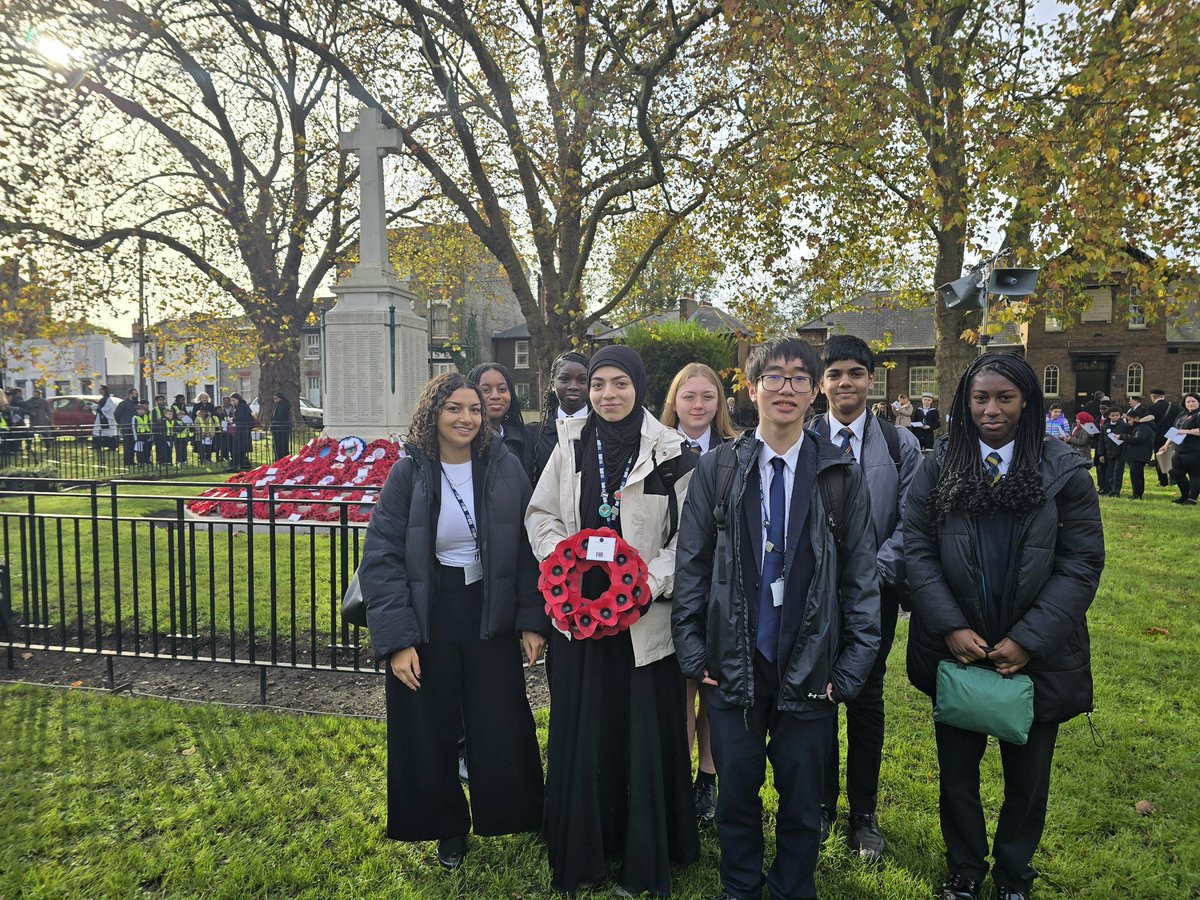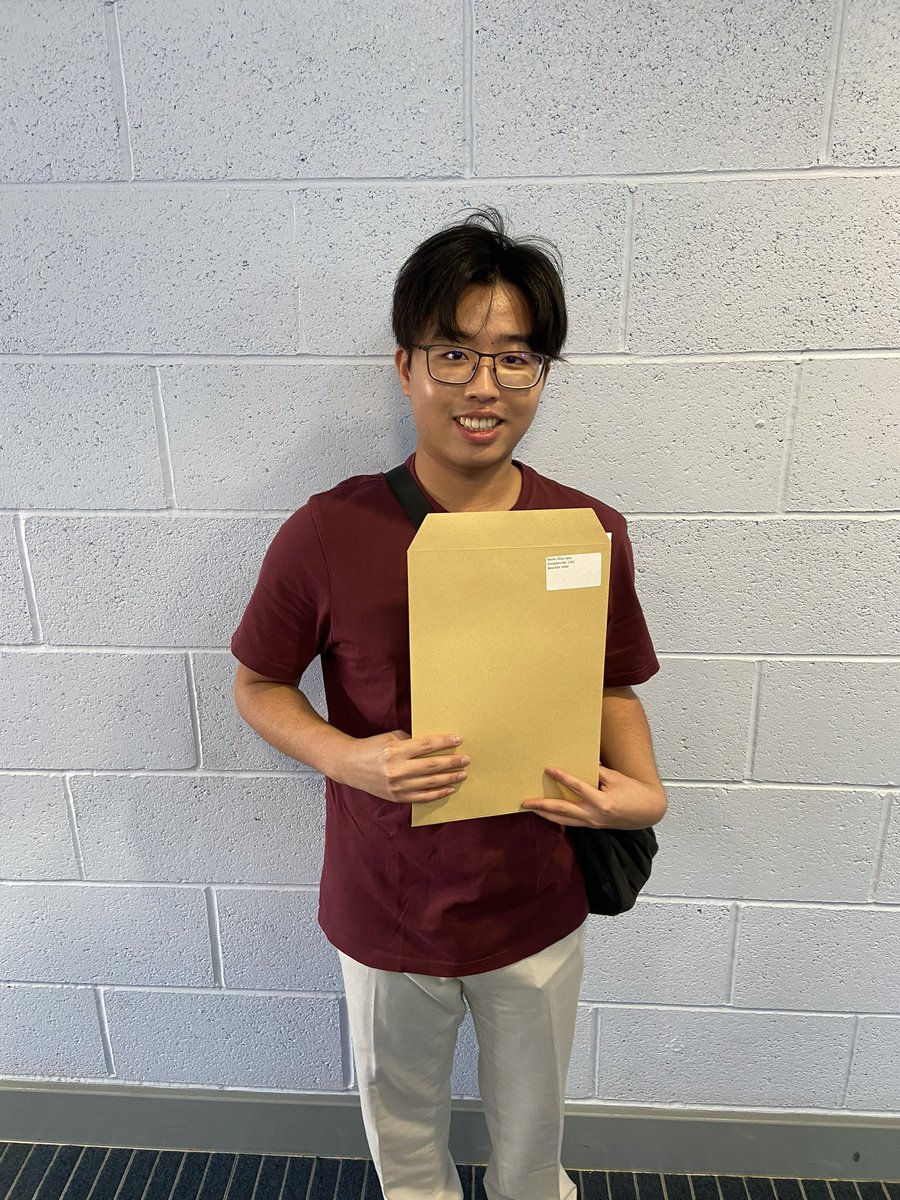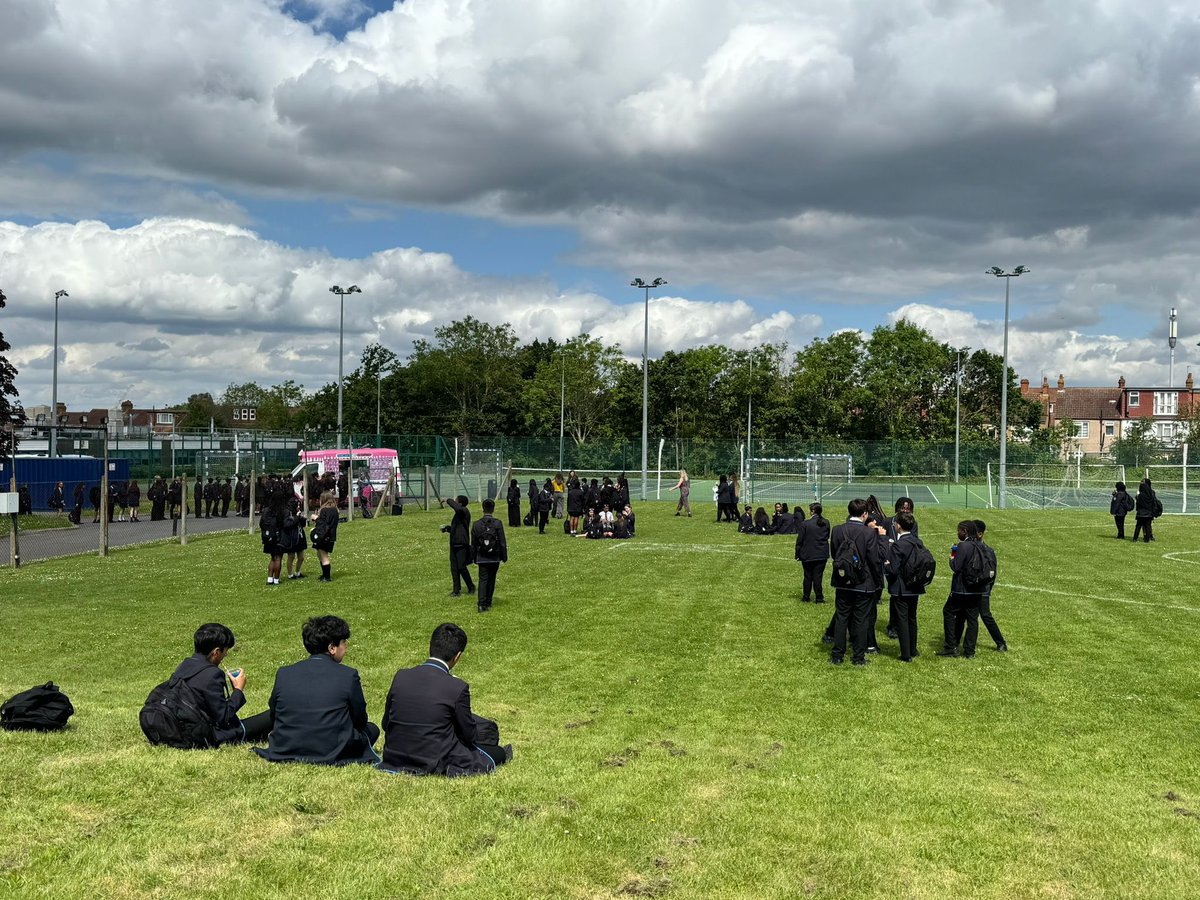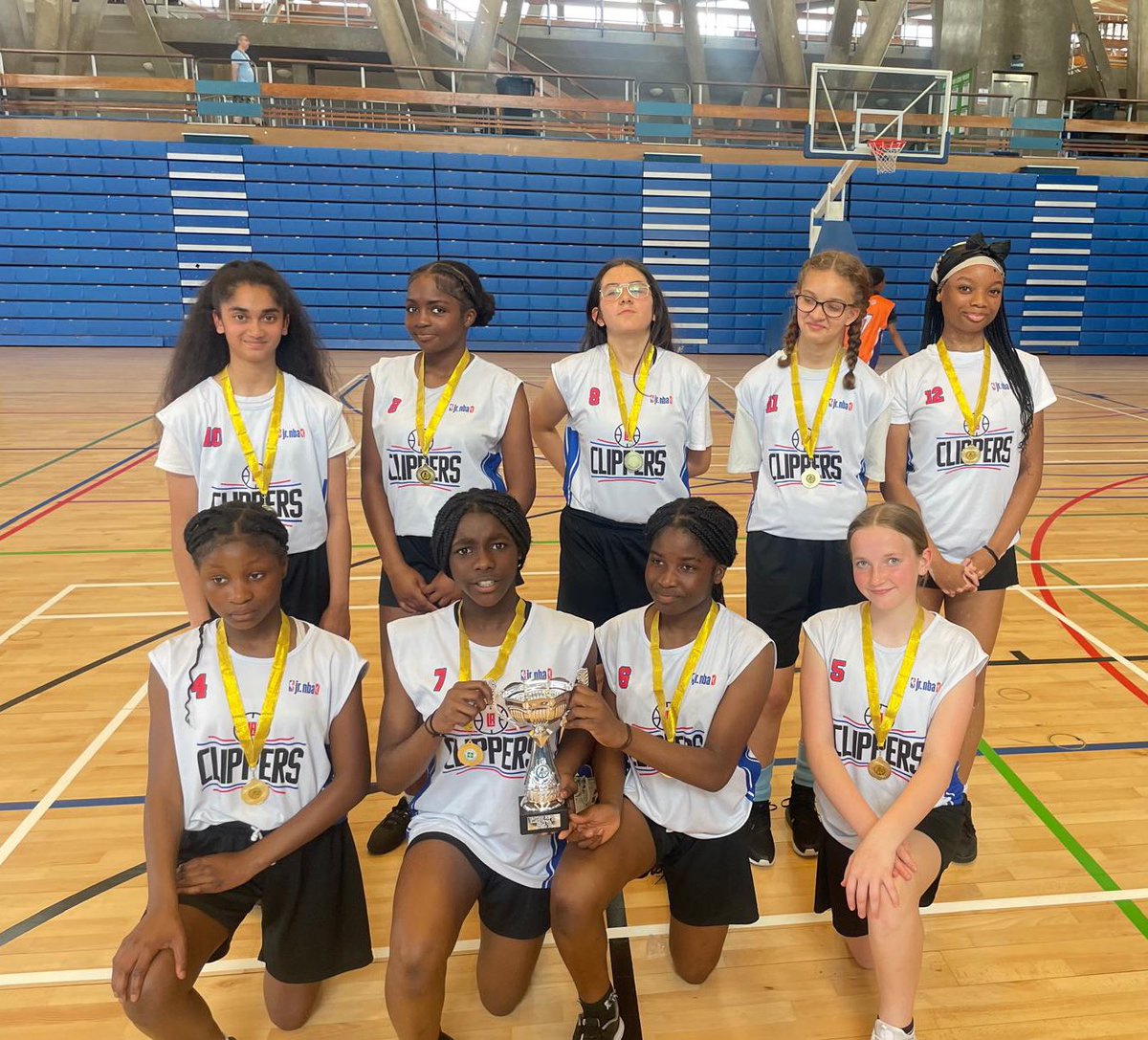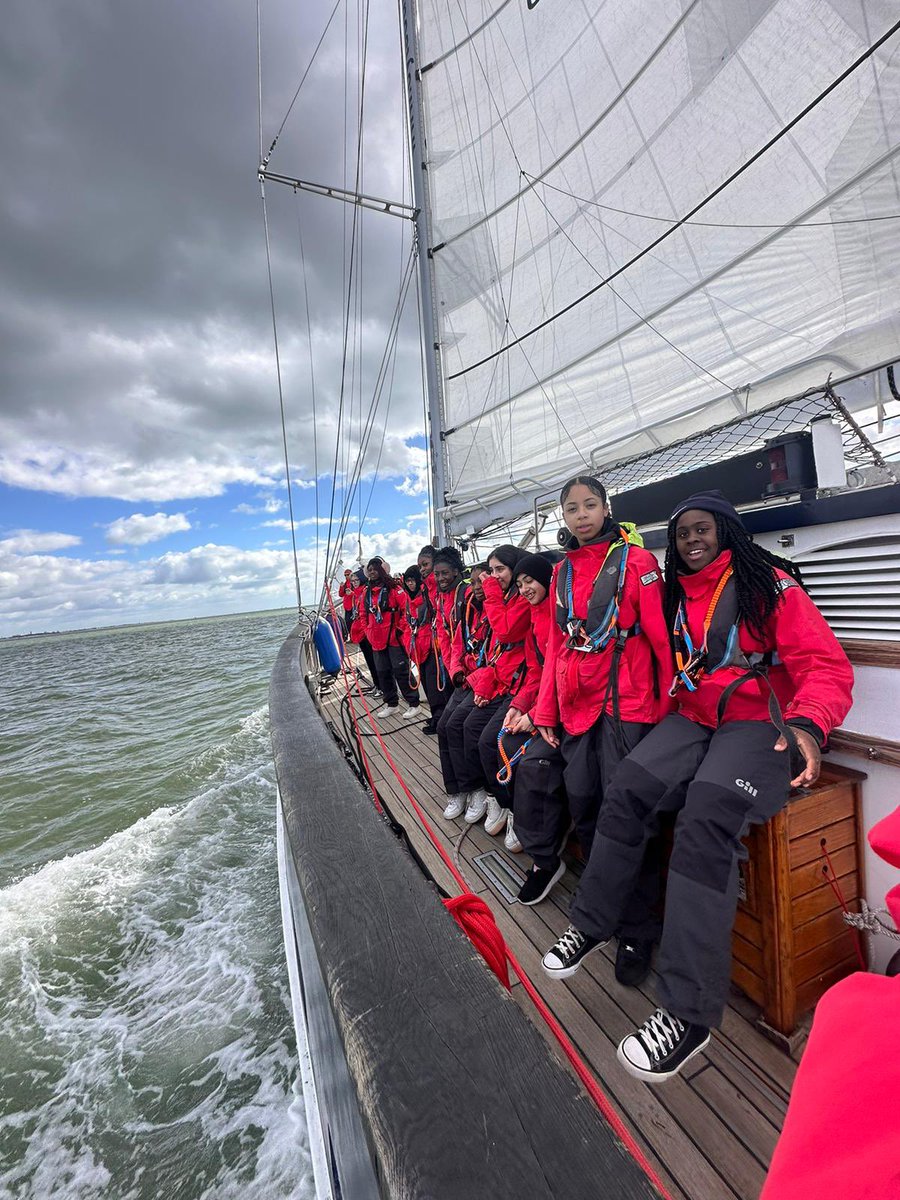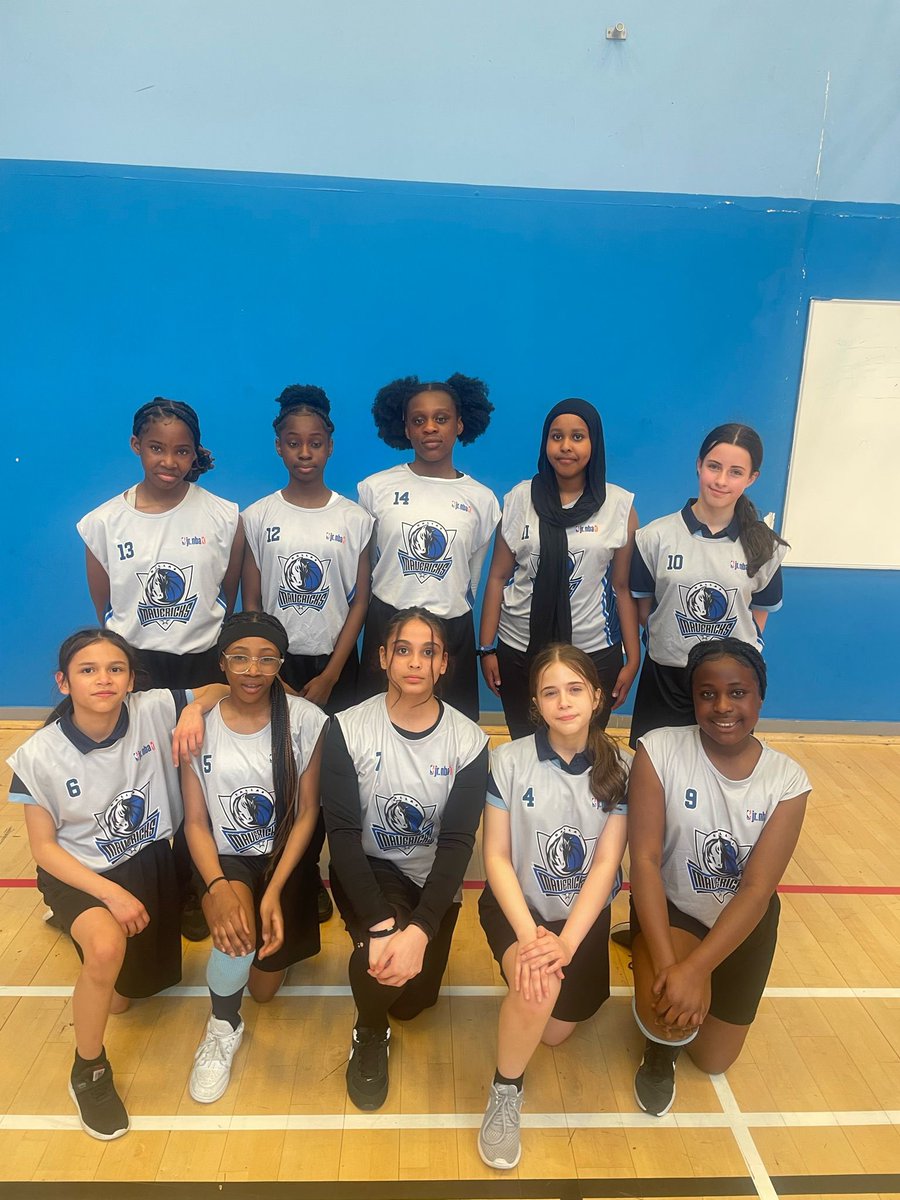Contextual Safeguarding
“Contextual Safeguarding is an approach to understanding, and responding to, young people’s experiences of significant harm beyond their families. It recognises that the different relationships that young people form in their neighbourhoods, schools and online can feature violence and abuse. Parents and carers have little influence over these contexts, and young people’s experiences of extra-familial abuse can undermine parent-child relationships.” https://contextualsafeguarding.org.uk/
Safeguarding incidents and/or behaviours can be associated with factors outside of our Academy, for example factors specific to the local community and population. When assessing, planning, or implementing safeguarding polices, protocols and procedures, staff consider a range of contextual factors contributing to the risk of the individual’s safety, well-being and welfare. When making a referral or sharing information with agencies, these risks must also be considered and well documented.

Triangle chart for the Assessment of Children in Need and their Families
London Child Protection procedures
Understanding the contextual safeguarding risks means that we can respond to the experiences that young people face in their wider, extra-familial environment. The safeguarding team, along with all Academy staff, are aware of the potential risks and that students may be vulnerable to multiple harms beyond the home. The Academy is located in the Pollards Hill ward in the London Borough of Merton; however, with the majority of students residing in London Boroughs of Merton and Croydon. Therefore, is it important that contextual priorities are considered across both London Boroughs. The last inspection of Merton local authority children’s services was in 2022, the graded was ‘outstanding’ – full report here.
The last inspection of Croydon local authority children’s services was in 2020, the graded was ‘good’ – full report here.
What are the safeguarding priorities for Merton and Croydon local authorities?
Merton’s local Safeguarding Children’s Partnership https://www.mertonscp.org.uk/
The current priorities of the MSCP are:
1. Early Help
This work is part of a whole system approach and is based on a clear understanding of local need. The Partnership’s priority is to ensure that there is clear coordination and quality assurance of Early Help, with a shared focus on the journey and experience of the child and family.
2. Think family: Domestic Abuse and Neglect
The Safeguarding Partnership actively monitors, promotes, coordinates, and evaluates the work of partner agencies to help protect children at risk of domestic abuse, including working effectively with other multi-agency groups that have responsibility for responding to domestic abuse.
The Partnership actively monitors, promotes, coordinates, and evaluates the work of all agencies to ensure they help and protect children at risk of neglect, this includes working effectively with other multi-agency groups that have responsibility for responding to neglect.
3. Contextual Safeguarding
The Partnership will work with all agencies to ensure that there is a highly coordinated multi-agency and whole-council approach to a range of adolescent risks that occur in contexts beyond the family home (e.g., neighbourhood, schools, local shopping centres, youth venues etc.). These risks include child criminal exploitation, child sexual exploitation, serious youth violence, peer on peer abuse, harmful sexual behaviour, and other overlapping forms of harm. The Partnership is aware of the risks of exploitation in their local area.
How does Harris Academy Merton support Merton’s Contextual Safeguarding Priorities?
| Risk and Priority | Academy Response |
|---|---|
| Early Help |
|
|
Think Family: Domestic Abuse and Neglect |
|
| Contextual Safeguarding |
|
How does Harris Academy Merton support Croydon’s Contextual Safeguarding Priorities?
Croydon’s local Safeguarding Children’s Partnership https://croydonlcsb.org.uk/
| Risk | Academy Response |
|---|---|
| Looked After Children – high rate |
Designated Teacher for LAC is supported by the SEND and Safeguarding Support Officer, Ms Forsyth, who works with LAC students to promote academic achievement and ensure the voice of the student is heard. Opportunity for LAC students to have external academic tutoring. |
| Young carers |
Designated teacher for Young Carers, Ms Forysth, who works closely with the Early Help Team and inform staff of students who are Young Carers. Young carers can seek support through the Early Help Team. A referral can be made to the LA Young Carers Support network. |
| Child criminal exploitation and county lines / Violence in the community |
Specific teaching on CME and county lines through the RSHE curriculum Grooming taught within the RSHE curriculum. Term 1 RSHE the theme is Healthy Relationships with a focus on CCE and CSE. Use of St Giles Trust within Personal Development RSHE sessions students to access specialist guidance. Attendance, punctuality, and CME monitoring by ALT, DSL and Attendance Officer. |
| Homelessness, Housing and Welfare |
Academy Early Help Team– support for students and families. Referrals for families where living arrangements may create safeguarding concerns. Early Help Local Authority referrals to support families. Home visits by the DSL and Safeguarding and Early Help Team. |
| Mental health and well being |
Early Help Team available all day to support students. Many staff have been involved in the trauma informed schools training. Mental health champions. Youth Mental Health trained and First Aid Mental Health trained and within the staff body. Mental health and wellbeing are taught within the RSHE curriculum. Academy enrichment programme and Personal Development programme, break and lunch time clubs in the Intervention and Learning Zone. Off the Record and close work with Merton TAMHs clinician. |
| Parental- mental ill health, substance misuse, domestic abuse, neglect |
|
